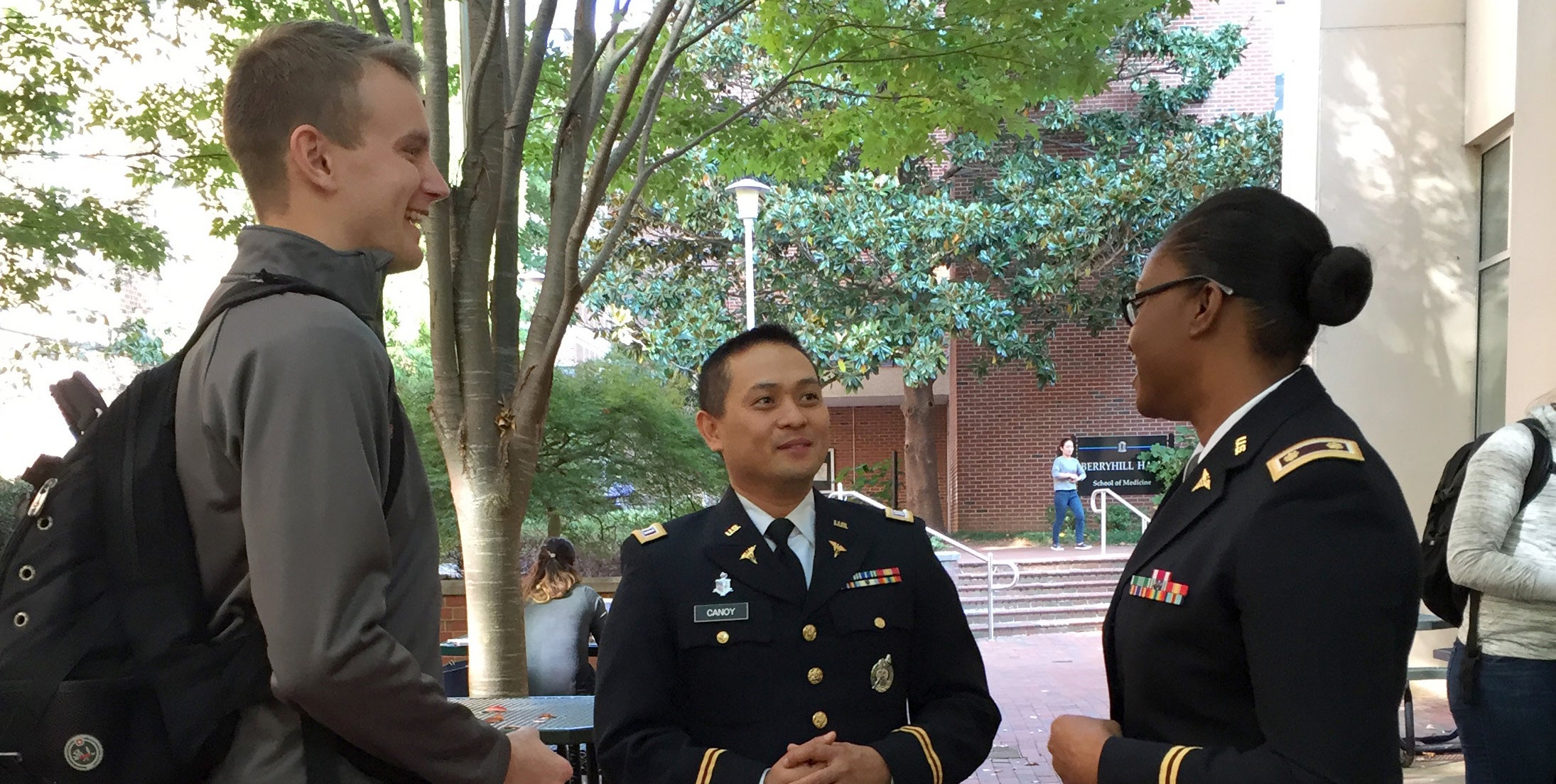GI Bill Is Limited Recruiting Tool
GI Bill Is Limited Recruiting Tool

The Post-9/11 GI Bill plays a small but positive role in attracting people to join the Army, according to a recent RAND Corp. report likely part of the debate on the future of the generous education benefit.
The promise of paid full tuition at a public college or university for veterans, or being able to share the benefit with immediate family members, was something not fully appreciated by recruits. They knew the Army had an education benefit but generally did not understand the details, RAND says in the report, “Are Current Military Education Benefits Efficient and Effective for the Services?”
There was a slight increase in high-quality recruits after the Post-9/11 GI Bill was enacted in 2008, but there was also a slight decrease in retention of high-quality recruits, a drop of about 3 percent that appears to be the result of soldiers leaving the Army to use their college benefits.
“The few recruits who were well informed about military education benefits appeared to be older, more likely to have prior experience with college, more likely to be female, and less likely to be entering the Marines,” the report says. It might be a bigger incentive to joining if recruits knew more details, the report suggests.
Additionally, the report found veterans eligible for GI Bill benefits still did not really understand the details after they separated, partly because the benefit is complicated and partly because there are multiple and sometimes conflicting sources of information concerning the GI Bill. Providing potential recruits with more information about the GI Bill could lead more to enlist, RAND says.
Better counseling for people leaving the military or about to use the benefit while on active duty also could help. “Lack of information and planning for education can lead to significant struggles in completing key education credentials, and to inefficient course-taking patterns costly to both the student and the military. Under such circumstances, counseling could assist service members in planning the most effective pathways to achieve their desired educational goals,” the report says.

